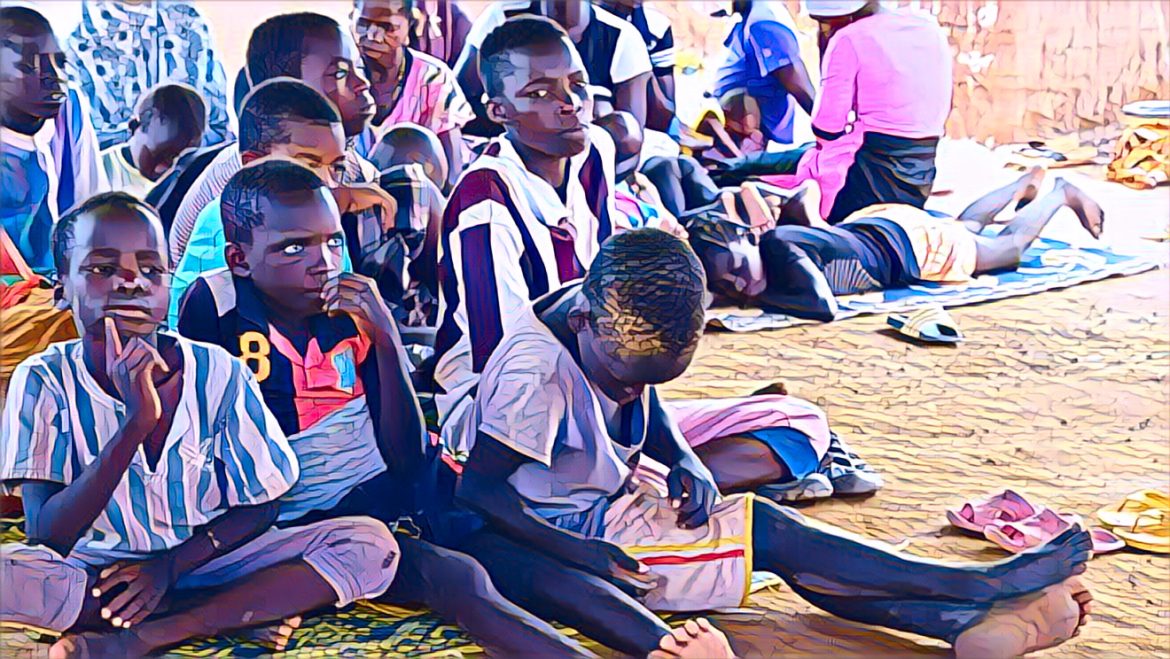Key points
- Two million children in Borno, Adamawa, and Yobe states are out of school.
- UNICEF is partnering with local authorities to improve education access.
- A new project aims to boost teacher training and system resilience.
The United Nations Children’s Fund (UNICEF) has announced that two million children are currently out of school in the northeastern Nigerian states of Borno, Adamawa, and Yobe.
The global organization is working to address the growing education crisis in the region, where conflict and climate-related disasters have disrupted access to essential services.
According to UNICEF, the agency is supporting these out-of-school children through the Global Partnership for Education Accelerated Funding (GPE-AF) project.
The initiative aims to help children in the northeast enroll in school and access quality education opportunities, with a focus on displaced children who are most vulnerable.
UNICEF is working in partnership with Nigeria’s Ministry of Education, the governments of Borno, Adamawa, and Yobe, and the Global Partnership for Education to strengthen the capacity of local governments and make the education system more resilient.
“The project is designed to expand access to education for displaced children, improve the quality of teaching and learning, and address the ongoing learning crisis in the region,” UNICEF said in a statement.
The organization explained that the prolonged armed conflict and climate-related disasters in northeastern Nigeria have severely disrupted education and other essential services for years.
Despite the ongoing challenges, UNICEF is committed to providing education to children who have been displaced, impoverished, and affected by insecurity.
The statement highlighted that nearly 56% of displaced children in the region are not attending school, and only 29% of schools meet minimum teaching standards.
As a result, children in Borno, Adamawa, and Yobe states face significant educational barriers, limiting their opportunities for a better future.
Building on past success, UNICEF expands education project
The new project, which runs from 2024 to 2025, builds on the successes of a previous GPE-AF intervention that helped over 180,000 vulnerable children across 24 local government areas access formal and non-formal education.
The current phase aims to improve educational outcomes for displaced children, enhance the quality of teaching through teacher training, and promote educational equity and resilience in the region.
“Education is a right for all children, including those affected by conflict, and it should never be denied,” said Cristian Munduate, UNICEF’s Representative in Nigeria.
“This new funding will help ensure that children in the northeast are not left behind as the world grapples with competing priorities.”
According to a report by Vanguard, UNICEF expressed its gratitude for the new funding phase, which it says will guarantee continued access to education for some of the world’s most disadvantaged children.
The agency plans to collaborate closely with local and global partners, including the governments of Borno, Adamawa, and Yobe, to enhance education services in the region and strengthen education delivery systems.
As the conflict in the northeast continues into its 14th year, UNICEF remains dedicated to addressing the educational needs of children affected by violence and instability. Through its ongoing efforts, UNICEF hopes to pave the way for a brighter, more resilient future for children in the region.


